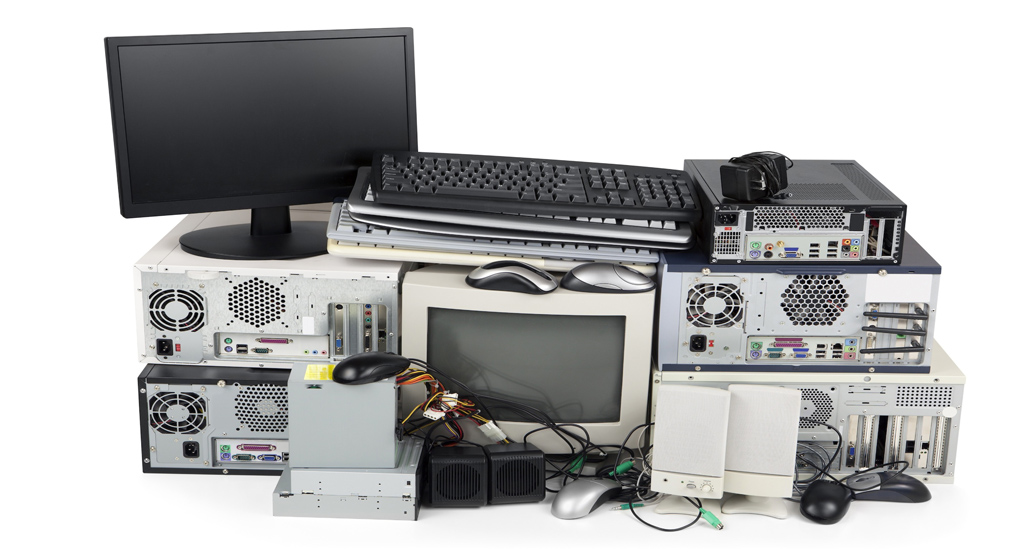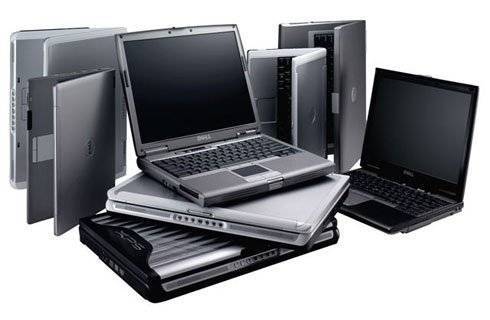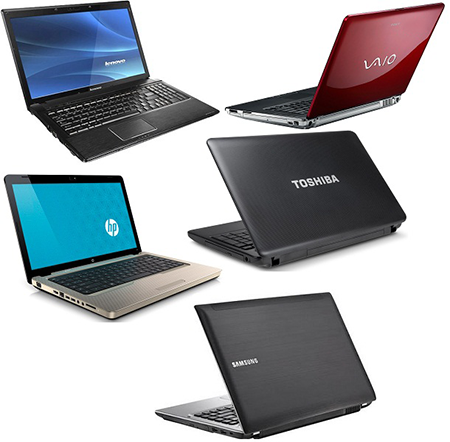Or second-hand computers worth buying?
Modern life is unthinkable without a computer, so there comes a time in every family’s life, and in every single person’s life, when a decision has to be made about which computer to buy. It’s not just about the brand of the computer manufacturer or the type of operating system, it’s also about whether new or second-hand computers. This time we’ll look a little deeper into the issue of computer wear and tear, find out when it’s worth buying a second-hand computer, how to choose the right one, what to consider when buying one and whether used computer components are useful. Ready? Go!

When should I buy a second-hand computer?
Small second-hand computers, whether or not be second-hand portable computers, second-hand stationary computers, second-hand gaming computers, used Apple computers or used Windows 7 computers, is a good start for anyone who is new to computing, i.e. “experienced” computing is a good option for a first personal computer because:
- they are cheaper;
- you’ll have less to worry about if you accidentally “injure” someone;
- they are easier to learn because they are simpler and, for example, older models are not overloaded with features and programmes that a beginner would have no idea how to use.
It’s also important to understand what you need the computer for – whether it’s for students’ homework and internet surfing, active gaming, programming or business. Each of these needs will have its own type of computer and characteristics, e.g. gaming computers with a very powerful video card are best suited for computer games, programming requires high-end computers with powerful RAM (around 16 GB. For reference, most laptops have a maximum RAM of 8 GB).

How do I choose a second-hand computer?
While when buying brand new hardware you can be relaxed about the class of the equipment, when it comes to second-hand equipment it is important to aim for the best. Use cheap computers can be from any brand, but GOOD, QUALITY, FUNCTIONAL and cheap laptopsthat have been in someone else’s possession for a while will do the job perfectly if they are, for example, business class (e.g. Lenovo T series, Dell or HP). It is also important that:
- the computer you choose is less than 4 years old;
- it should have at least 4 GB of RAM;
- your computer has an SSD.
Be sure to consider only
refurbished computers
or computers that have been completely reinstalled, free of unnecessary programs, old information and viruses. It’s also a good idea to find out how long the battery lasts before you buy a laptop, so you can replace it with a new battery if necessary, but this is less important than if you’ve been distracted by second-hand tablets – Who needs a tablet that has to be constantly “dangling from the end of a wire”?

Where to buy a used computer?
It turns out that the myth that second-hand computers from Germany will be a much more efficient purchase than those bought here in Latvia. To be fair, this is not entirely true.
Second-hand computers with warranty
and the same specifications and wear and tear from any country will be just as good, it’s just a matter of weighing up the prices and your ability and willingness to wait or not wait for a computer to arrive from, for example, the UK.
Second-hand computers – Donors will give your computer a second life
It’s also worth looking into the possibility of refurbishing and upgrading your existing PC with parts from other second-hand computers, giving your beloved machine a new lease of life. Donor details can be anything from used computer cases, both used computer monitorsand fans, system units and more, and more, and more. If you’re not sure about your choice, consult a knowledgeable specialist – they’ll be happy to help you choose the right second-hand computer for you and help you see if your current one is worth upgrading!